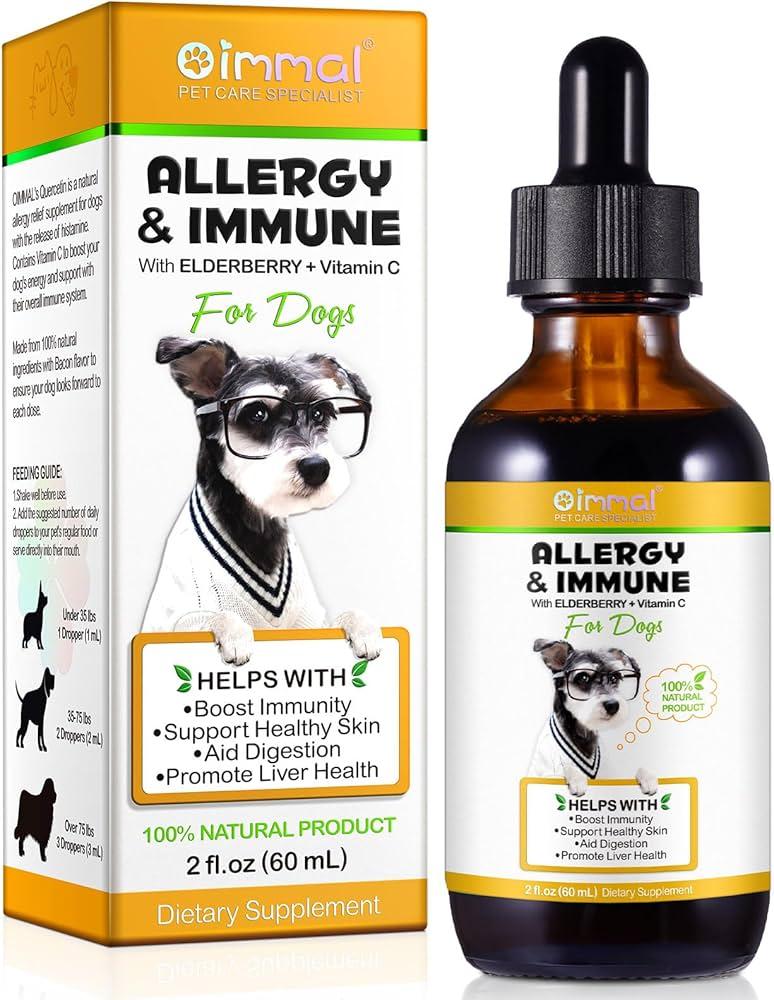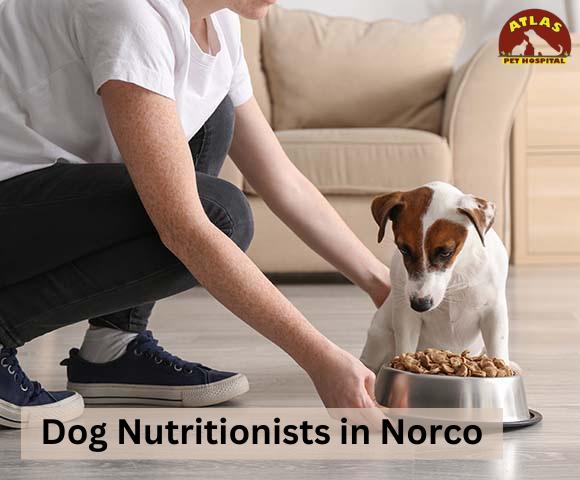Welcoming a dog into your home is like inviting a bundle of joy and unconditional love into your life. However, just like humans, our furry friends can experience allergies that can affect their health and happiness. Understanding and managing your dog’s allergies is essential to ensuring their well-being and comfort. In this article, we will guide you through the steps to identify, treat, and prevent allergic reactions in your beloved pet. With the right knowledge and a bit of care, you can help your dog lead a healthier, itch-free life. Let’s explore how to keep those tails wagging and those noses twitching happily!
Identifying Common Allergens in Your Dogs Environment
Understanding what might be causing your dog’s allergic reactions is the first step towards providing them with a comfortable environment. Common allergens for dogs can be found both indoors and outdoors, and being aware of these can help you manage and reduce your pet’s exposure. Here are some of the most frequent culprits:
- Pollen: Just like humans, dogs can be allergic to pollen from trees, grasses, and weeds. Consider keeping windows closed during high pollen seasons and wiping your dog’s paws and coat after walks.
- Dust Mites: These microscopic creatures thrive in household dust. Regular cleaning, vacuuming, and washing your dog’s bedding can significantly reduce their presence.
- Mold: Mold spores can grow in damp areas of your home, such as basements or bathrooms. Ensure these areas are well-ventilated and free from leaks.
- Fleas: Flea bites can trigger allergic reactions in some dogs. Regular flea prevention treatments and checking your dog’s coat can help keep these pests at bay.
- Household Chemicals: Cleaning products, air fresheners, and even some pet shampoos may contain irritants. Opt for natural or hypoallergenic options to minimize risk.
By identifying and controlling these allergens, you can create a safer and more comfortable environment for your furry friend, potentially reducing the frequency and severity of their allergic reactions.

Creating a Tailored Diet Plan for Allergy Relief
When crafting a personalized meal plan for your furry friend, it’s essential to consider the unique allergens that might be affecting them. Start by identifying potential allergens, which can often include common ingredients such as beef, dairy, wheat, and soy. Collaborate with your veterinarian to conduct an elimination diet, gradually removing suspected allergens and closely monitoring your dog’s reactions. This process will help you pinpoint the specific culprits and guide you in selecting ingredients that are both safe and nutritious.
To ensure a balanced diet, focus on incorporating alternative protein sources and carbohydrates that are less likely to trigger allergies. Here are some suggestions to consider:
- Novel Proteins: Consider options like duck, venison, or rabbit, which are less commonly found in commercial dog foods and may reduce allergic reactions.
- Grain-Free Options: Sweet potatoes, peas, and lentils can serve as excellent carbohydrate substitutes, especially if grains are a concern.
- Healthy Fats: Include omega-3 rich foods like fish oil or flaxseed oil to help reduce inflammation and support skin health.
By thoughtfully selecting ingredients and continuously observing your dog’s health, you can create a diet plan that not only alleviates allergy symptoms but also enhances their overall well-being.

Effective Home Remedies and Treatments for Itchy Skin
When your furry friend is scratching incessantly, it can be distressing for both of you. Fortunately, there are several effective home remedies and treatments that can help soothe your dog’s itchy skin and provide much-needed relief. Here are some tried-and-true methods to consider:
- Oatmeal Baths: Oatmeal is known for its soothing properties. You can grind plain, unsweetened oatmeal into a fine powder and mix it with warm water to create a paste. Apply this mixture to your dog’s skin, letting it sit for about 10 minutes before rinsing thoroughly. This can help alleviate irritation and moisturize the skin.
- Coconut Oil: This natural oil is rich in fatty acids and has anti-inflammatory properties. Gently massage a small amount onto your dog’s itchy spots. Not only does it help reduce itchiness, but it also promotes a shiny coat.
- Aloe Vera Gel: Known for its cooling and soothing effects, pure aloe vera gel can be applied directly to your dog’s skin. Ensure the product is free from alcohol and other additives that might irritate the skin further.
- Apple Cider Vinegar Spray: Dilute apple cider vinegar with equal parts water and use it as a spray to relieve itchiness. However, avoid using this on open wounds or raw skin, as it can sting.
Remember, while these home remedies can provide temporary relief, it’s important to consult your veterinarian to identify and address the underlying cause of your dog’s allergies.

When to Consult a Veterinarian for Your Dogs Allergies
Recognizing when to seek professional help for your dog’s allergies is crucial to ensuring their comfort and health. While some mild allergies can be managed at home, there are specific signs that warrant a visit to the veterinarian. Here are some indicators that it’s time to consult with a professional:
- Persistent Itching: If your dog is continuously scratching, biting, or licking their skin, and home remedies aren’t providing relief, it’s time to get an expert opinion.
- Red or Inflamed Skin: Noticeable redness, swelling, or irritation that doesn’t improve with over-the-counter treatments could signal a more severe allergic reaction.
- Respiratory Issues: Difficulty breathing, coughing, or sneezing that persists can be signs of an allergy needing medical attention.
- Ear Infections: Recurring ear infections often indicate an underlying allergy, and a vet can help identify and treat the root cause.
- Digestive Problems: Vomiting or diarrhea associated with specific foods might require a veterinarian’s guidance to determine dietary changes or treatments.
Veterinarians can conduct allergy tests and develop a tailored treatment plan, including prescription medications or specialized diets, ensuring your furry friend gets the best care possible.

